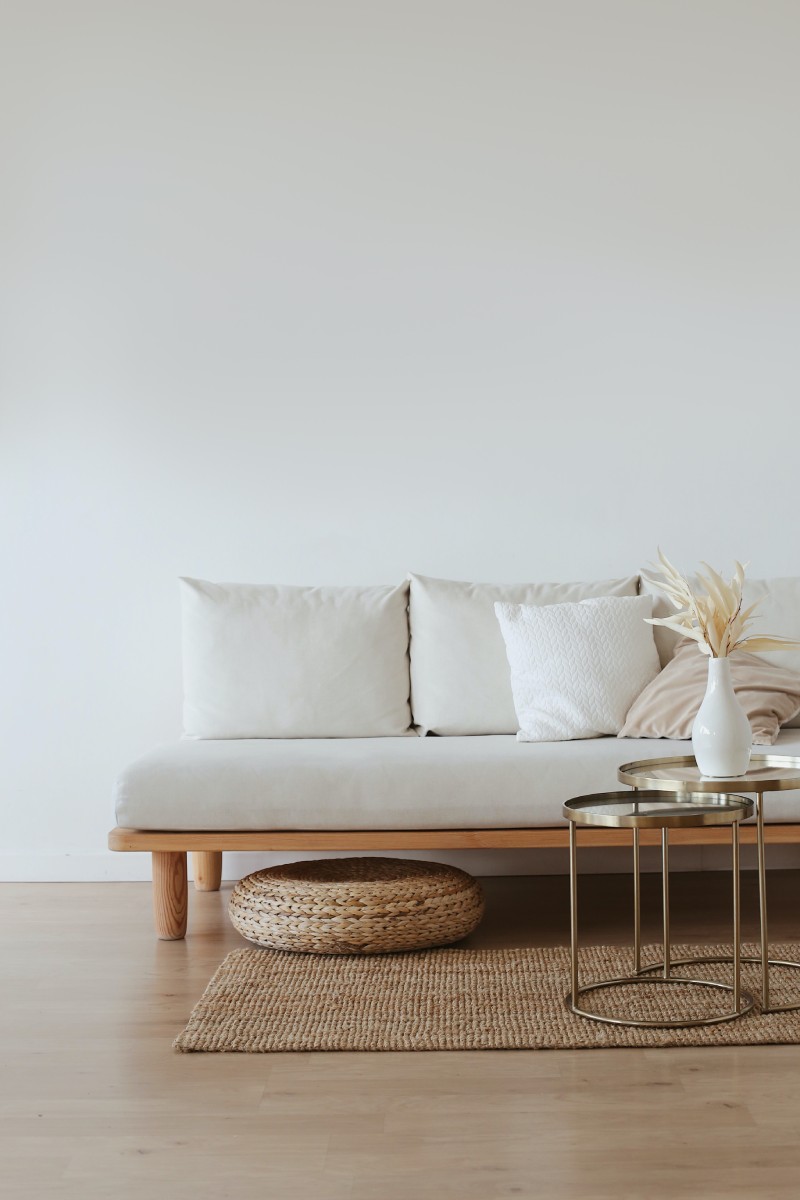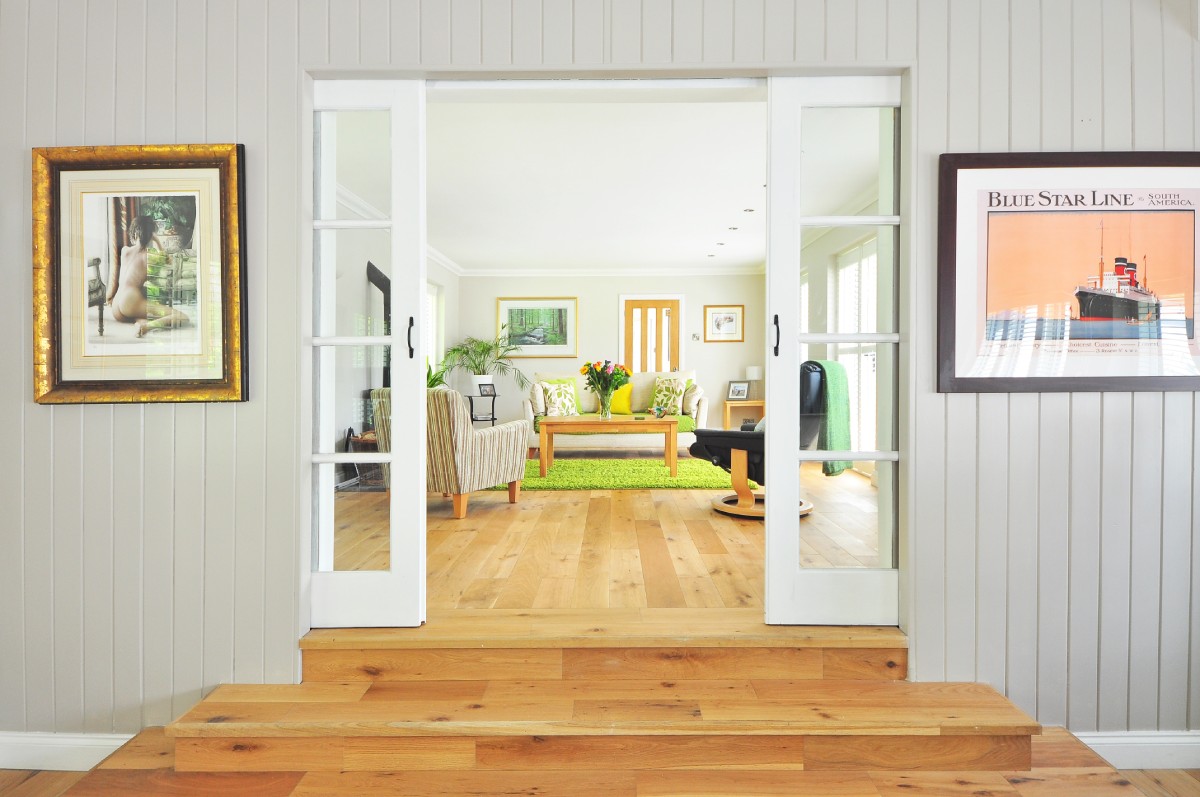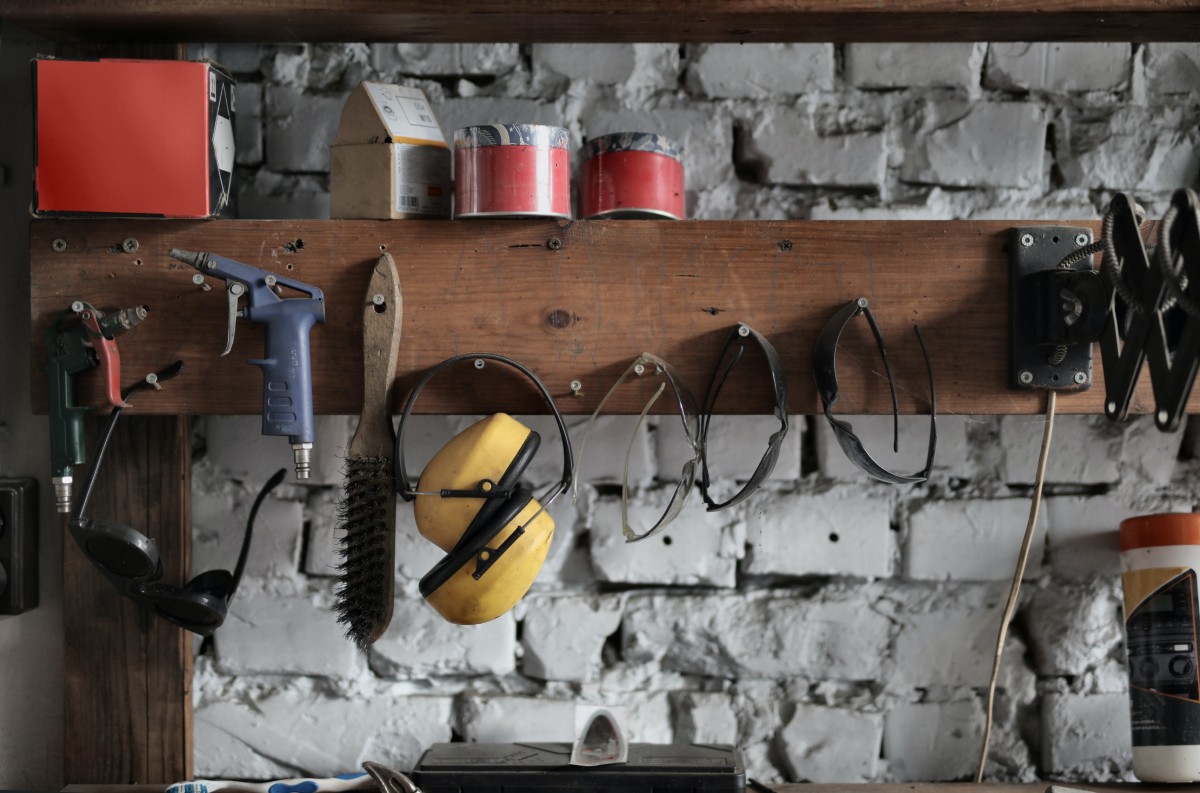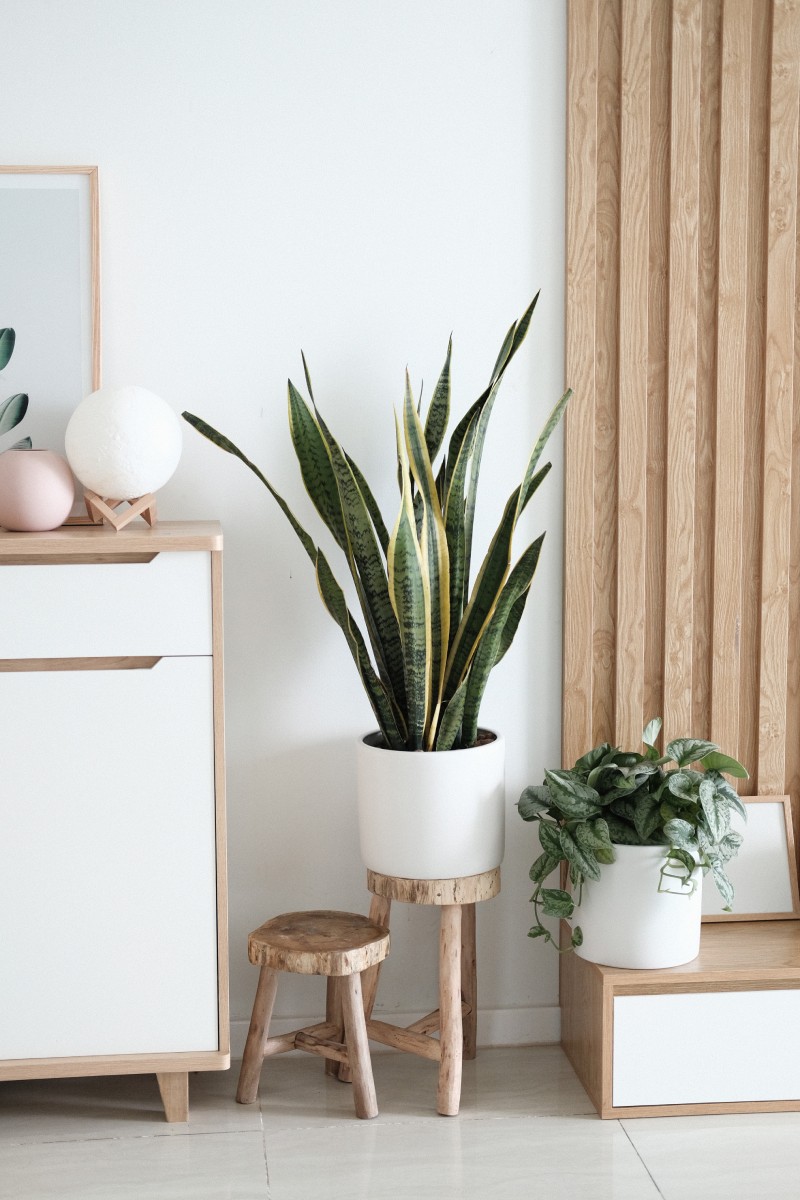Introduction
Minimalism is more than just a trend; it is a lifestyle choice that has gained popularity in recent years. At its core, minimalism is about intentionally simplifying one’s life by reducing physical possessions and focusing on what truly matters. By adopting a minimalist lifestyle, individuals can experience a multitude of benefits, including a more sustainable and clutter-free existence.
Definition and Concept of Minimalism
Minimalism can be defined as a deliberate practice of living with fewer material possessions and prioritizing experiences, relationships, and personal growth. It involves decluttering physical spaces, simplifying daily routines, and being mindful of consumption habits. The goal is to create a life that is free from unnecessary distractions and focuses on what brings genuine joy and meaning.
The Connection between Minimalism, Sustainability, and Clutter-Free Living
Minimalism and sustainability go hand in hand. By embracing minimalism, individuals can significantly reduce their ecological footprint and contribute to a more sustainable future. The intentional reduction of material possessions means less production and consumption, leading to decreased resource extraction and waste generation. By living with fewer material possessions, individuals can minimize their impact on the environment and promote a more eco-friendly lifestyle.
Furthermore, minimalism and clutter-free living are closely intertwined. Clutter can be mentally and emotionally draining, causing stress, anxiety, and a sense of overwhelm. By decluttering and organizing physical spaces, individuals create an environment that fosters clarity, tranquility, and a sense of peace. A clutter-free home promotes better focus, productivity, and overall well-being.
By understanding the connection between minimalism, sustainability, and clutter-free living, individuals can embark on a transformative journey towards a simpler, more intentional, and fulfilling lifestyle. Through mindful choices and conscious actions, it is possible to experience the numerous benefits that come with embracing minimalism.
Remember, the journey towards minimalism is unique for each individual. It is not about adhering to strict rules or depriving oneself but rather about finding what brings true value and joy while being mindful of the environmental impact. In the following sections, we will delve deeper into the various benefits of minimalism, including its positive effects on the environment, mental well-being, finances, and social connections.
Environmental Benefits of Minimalism
Minimalism not only brings personal benefits but also has a positive impact on the environment. By embracing a minimalist lifestyle, individuals contribute to the preservation of our planet and promote sustainable living practices.
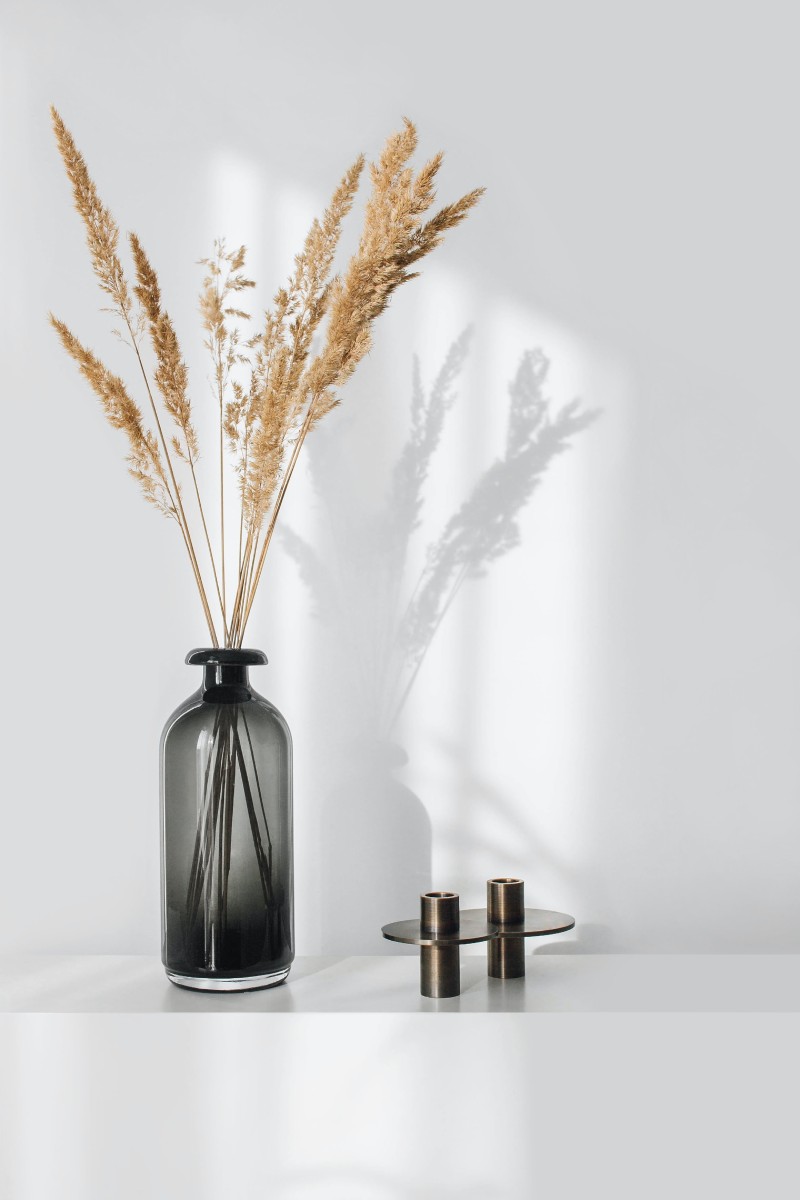
Reduction of Resource Consumption and Waste Generation
One of the key environmental benefits of minimalism is the reduction of resource consumption. Minimalists prioritize quality over quantity and are intentional about the items they bring into their lives. By owning fewer possessions, individuals reduce the demand for raw materials, energy, and water required in the production process. This, in turn, helps conserve natural resources and minimizes the ecological strain caused by excessive extraction and manufacturing.
Moreover, minimalism encourages a mindset of mindful consumption and thoughtful purchasing decisions. Instead of constantly seeking new things, minimalists focus on reusing, repurposing, and repairing items they already have. This approach reduces the need for new products and ultimately leads to a decrease in waste generation.
Minimization of Carbon Footprint and Environmental Impact
Living a minimalist lifestyle can significantly reduce an individual’s carbon footprint. With fewer material possessions, there is less reliance on energy-intensive manufacturing processes and long-distance transportation. Minimalists prioritize local and sustainable options, such as supporting local businesses and farmers, which reduces the carbon emissions associated with transportation and supports the local economy.
Additionally, minimalists often opt for energy-efficient appliances, LED lighting, and sustainable building materials when designing their homes. These choices further decrease energy consumption and contribute to a greener and more eco-friendly living environment.
Promotion of Sustainable and Ethical Consumption
Minimalism promotes sustainable and ethical consumption practices. Minimalists prioritize quality, durability, and the longevity of the items they own. They aim to minimize waste by choosing products that are made to last, using fewer disposable items, and avoiding unnecessary packaging. By supporting brands and businesses that prioritize sustainable and ethical practices, minimalists actively contribute to a more responsible and conscious marketplace.
Furthermore, minimalism encourages the practice of mindful decluttering and responsible disposal of unwanted items. Rather than contributing to landfills, minimalists seek alternative solutions such as donating to charities, organizing community swaps, or selling items to extend their lifecycle. This approach helps reduce waste and encourages a circular economy where resources are valued and reused.
By embracing minimalism, individuals can make a significant positive impact on the environment. Through conscious choices and intentional living, minimalists become stewards of the planet, promoting sustainability, reducing waste, and encouraging ethical consumption practices. In the next section, we will explore the benefits of minimalism for mental well-being and overall quality of life.
Clutter-Free Living and Mental Well-being
Living in a clutter-free environment goes hand in hand with the principles of minimalism. By simplifying our physical spaces, we create an atmosphere that fosters mental well-being, allowing us to thrive and find greater fulfillment in our lives.

Decluttering Physical Spaces for a Clearer Mind
Minimalism emphasizes the importance of decluttering physical spaces. When we surround ourselves with only the things we truly need and value, our living spaces become more organized and harmonious. Clearing away the excess clutter creates a sense of calm and serenity, providing a visual respite from the chaos of modern life.
By intentionally curating our belongings and eliminating the unnecessary, we create a space that is conducive to relaxation and rejuvenation. The act of decluttering allows us to reclaim control over our environment and establish a sanctuary where we can find solace and recharge.
Reduced Stress and Increased Focus
A clutter-free lifestyle can significantly reduce stress and enhance our ability to focus. Studies have shown that physical clutter in our surroundings can lead to mental clutter, making it difficult to concentrate and think clearly. When our environment is cluttered, our attention becomes divided, and our brains are constantly processing the excess stimuli, leading to mental fatigue.
By embracing minimalism and maintaining an organized and clutter-free space, we create an environment that promotes mental clarity and reduces distractions. With fewer possessions vying for our attention, we can focus more effectively on the tasks at hand, whether it’s work, hobbies, or spending quality time with loved ones.
Enhanced Creativity and Productivity
Minimalism can also unlock our creativity and boost productivity. A cluttered space can be overwhelming and inhibit our ability to think creatively. By removing the visual noise and unnecessary distractions, we create room for inspiration and innovative thinking.
A minimalist environment allows us to channel our energy and attention toward our passions and pursuits. With fewer physical distractions, our minds can wander freely, fostering new ideas and fresh perspectives. Moreover, minimalism encourages us to prioritize quality over quantity, leading to a more intentional and focused approach to our endeavors.
When our physical spaces are organized and clutter-free, we can find the tools and materials we need with ease, eliminating the frustration of searching through a mess. This efficiency translates into increased productivity, as we can dedicate more time and energy to meaningful activities that align with our values and goals.
By embracing a clutter-free lifestyle, we create an environment that supports mental well-being, reduces stress, enhances focus, and nurtures creativity. In the next section, we will explore the ways in which minimalism can positively impact our relationships and foster a greater sense of connection and fulfillment.
Financial Advantages of Minimalism
Minimalism not only brings about positive changes in our mental and environmental well-being but also offers significant financial advantages. By adopting a minimalist lifestyle, we can make intentional choices about our consumption and spending habits, leading to greater financial stability and a more fulfilling life.
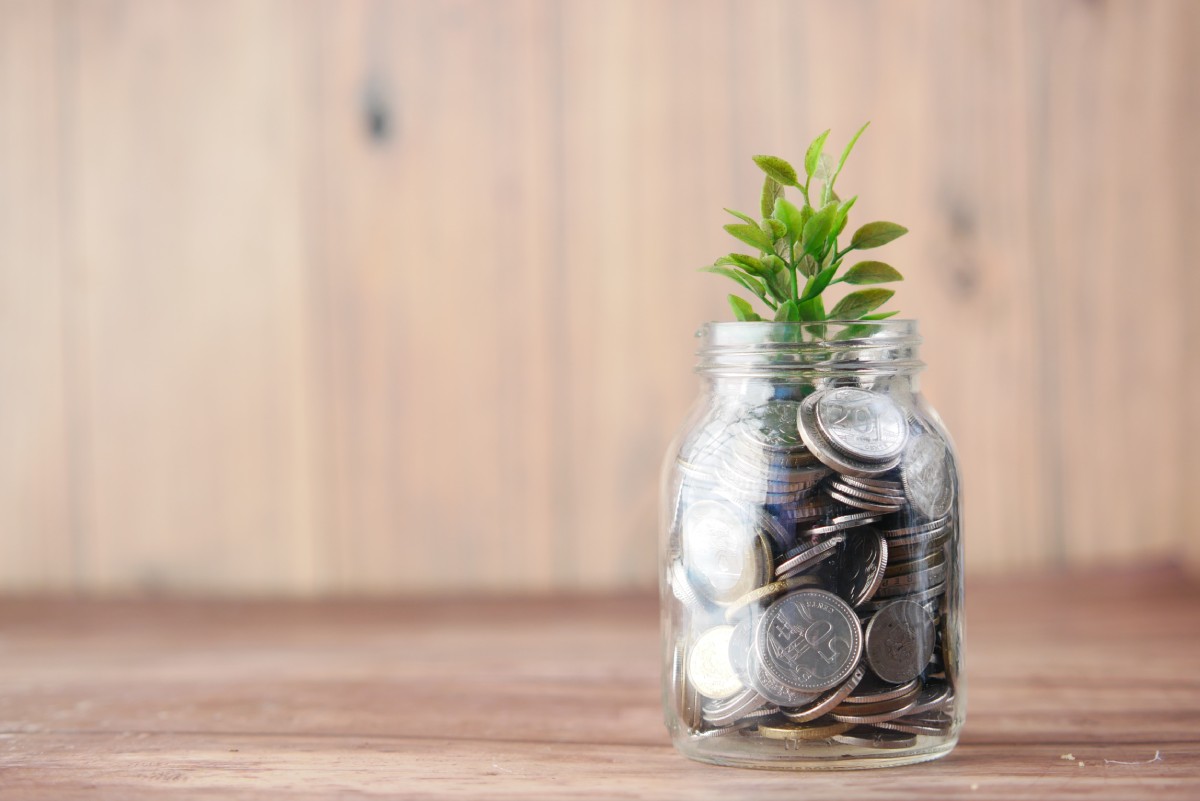
Saving Money through Conscious Consumption and Spending Habits
One of the core principles of minimalism is conscious consumption. It encourages us to carefully consider our purchases, focusing on quality rather than quantity. By being mindful of what we bring into our lives, we can save a substantial amount of money in the long run.
Minimalism urges us to question our actual needs and distinguish them from mere wants. By prioritizing essential items and avoiding impulsive purchases, we can cut down on unnecessary expenses. This newfound awareness helps us break free from the cycle of consumerism and find contentment in what we already have.
Additionally, minimalism encourages us to embrace the sharing economy, such as borrowing or renting items instead of buying them outright. This not only reduces our expenses but also promotes a sense of community and fosters sustainable resource utilization.
Avoiding Debt and Unnecessary Purchases
Living a minimalist lifestyle can protect us from falling into the trap of excessive debt. By resisting the urge to accumulate material possessions and avoiding unnecessary purchases, we can maintain a healthy financial state.
Minimalism challenges the societal pressure to constantly acquire new things. Instead, it encourages us to assess our true needs and consider the long-term consequences of our spending habits. By being more intentional with our purchases, we can avoid accumulating debt and enjoy the freedom that comes with financial independence.
Moreover, by embracing minimalism, we reduce the need for storage space, maintenance, and the expenses associated with maintaining a large inventory of belongings. This enables us to allocate our financial resources toward experiences and investments that align with our values and contribute to our overall well-being.
Embracing a More Fulfilling and Financially Sustainable Lifestyle
Minimalism offers a pathway to a more fulfilling and financially sustainable lifestyle. By focusing on the things that truly matter and aligning our spending with our values, we can experience a greater sense of satisfaction and purpose.
With fewer material possessions to maintain and replace, we can redirect our financial resources toward experiences, personal growth, and contributing to causes we care about. Minimalism encourages us to invest in our well-being, such as pursuing meaningful experiences, developing new skills, and nurturing relationships.
By simplifying our lives and reducing the financial burden of excessive consumption, we create space for financial freedom and flexibility. We can choose to work less, save more, or pursue entrepreneurial ventures that align with our passions. This shift in mindset empowers us to prioritize our values and live in alignment with our long-term financial goals.
In conclusion, minimalism provides us with financial advantages that extend beyond simple cost savings. By practicing conscious consumption, avoiding unnecessary debt, and embracing a more fulfilling lifestyle, we can achieve financial stability and cultivate a sense of freedom and purpose. In the next section, we will explore how minimalism can enhance our relationships and foster a deeper connection with others.
Social Benefits of Minimalism
Minimalism goes beyond personal well-being and extends its positive impact to our social connections and the communities we belong to. By embracing a minimalist lifestyle, we can experience enhanced relationships, foster a sense of community, and inspire others to adopt sustainable and clutter-free living practices.
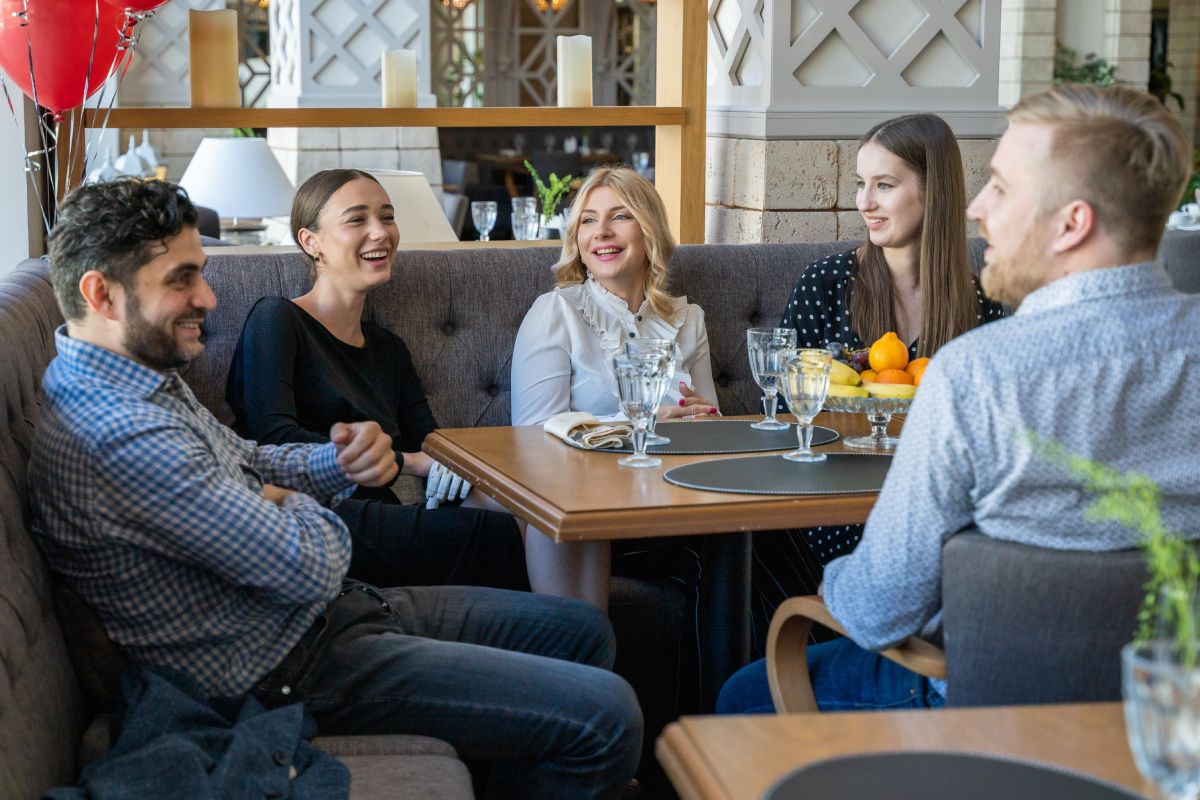
Strengthening Relationships and Connections
Minimalism encourages us to prioritize what truly matters in life, including our relationships with others. By letting go of material possessions and focusing on experiences and meaningful connections, we create space for deeper and more authentic relationships.
When we free ourselves from the burden of excessive belongings, we have more time and energy to invest in cultivating connections with loved ones. We can engage in meaningful conversations, share experiences, and create lasting memories. By valuing experiences over possessions, we shift the focus from material accumulation to nurturing the bonds that bring us joy and fulfillment.
Minimalism also promotes open and honest communication about our values and priorities. By living in alignment with our core beliefs, we can attract like-minded individuals and build a supportive network of people who share our sustainable and clutter-free lifestyle choices.
Encouraging Community Sharing and Collaboration
Minimalism fosters a sense of community, encouraging sharing, collaboration, and mutual support. By embracing a minimalist mindset, we can inspire and participate in community initiatives centered around sustainable practices.
One aspect of minimalism is the sharing economy, which promotes the idea of borrowing, lending, and sharing resources within a community. By engaging in sharing and collaboration, we reduce waste, conserve resources, and build stronger relationships with our neighbors and peers.
Community gardens, tool libraries, and shared spaces are examples of collaborative initiatives that promote sustainability and a sense of belonging. These endeavors not only contribute to the well-being of individuals but also create a stronger and more resilient community that is mindful of its environmental impact.
Inspiring Others to Adopt Sustainable and Clutter-Free Living Practices
Living as an example, minimalists can inspire others to embrace sustainable and clutter-free living practices. By sharing our experiences, insights, and the benefits we have gained from minimalism, we can motivate and empower others to embark on their own journeys toward a more intentional lifestyle.
Through conversations, social media, and community involvement, we can raise awareness about the environmental impact of excessive consumption and the benefits of living with less. By demonstrating the positive outcomes of minimalism, such as reduced stress, increased happiness, and a smaller ecological footprint, we can inspire others to make conscious choices in their own lives.
When more individuals adopt sustainable and clutter-free practices, the collective impact becomes significant. We contribute to a more sustainable future and create a ripple effect that influences others to follow suit. By inspiring others, we become agents of change and contribute to a society that values mindfulness, sustainability, and well-being.
In conclusion, minimalism not only enhances our personal well-being but also brings about social benefits that extend to our relationships, communities, and the broader society. By strengthening connections, fostering collaboration, and inspiring others, we can create a positive ripple effect that promotes sustainable and clutter-free living practices. In the next section, we will explore the transformative effects of minimalism on personal growth and self-discovery.
Minimalism and Mindful Consumption
In a world of relentless consumerism, minimalism offers a refreshing perspective that encourages us to be more mindful of our consumption habits. By adopting a minimalist lifestyle, we can prioritize quality over quantity, make informed buying decisions, and cultivate gratitude and contentment with less.
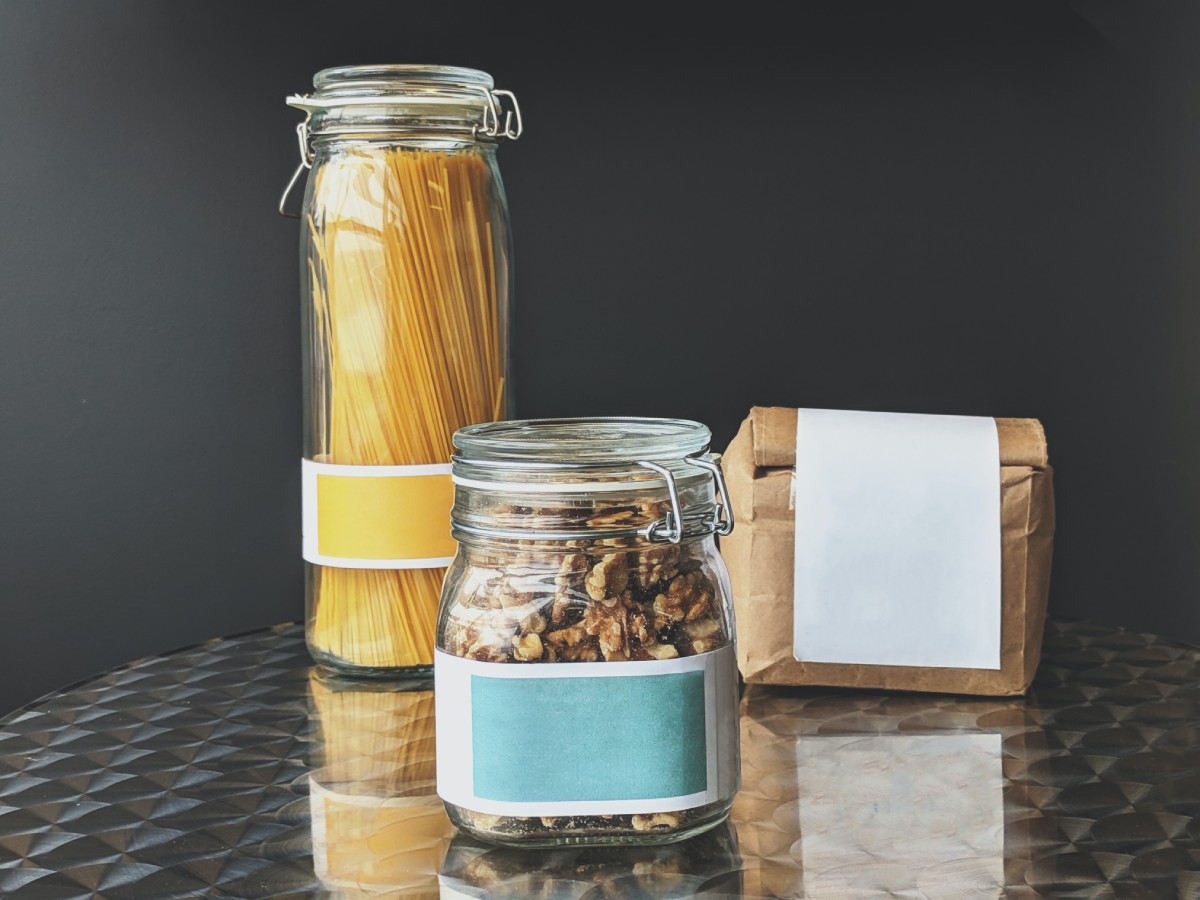
Prioritizing Quality Over Quantity
Minimalism urges us to shift our focus from accumulating a large quantity of possessions to seeking out high-quality items that truly serve a purpose and bring us joy. Instead of mindlessly purchasing cheap and disposable goods, we learn to appreciate the value of well-crafted and durable products.
By choosing quality over quantity, we reduce the demand for mass-produced items that often contribute to environmental degradation and unethical labor practices. Investing in long-lasting, sustainable products not only benefits us personally but also supports businesses that prioritize ethical production methods and environmental responsibility.
Making Informed and Intentional Buying Decisions
Minimalism encourages us to become more conscious consumers, taking the time to consider the environmental and social implications of our purchases. Rather than succumbing to impulse buying or following trends, we research and evaluate the products we intend to bring into our lives.
By asking ourselves questions like “Do I really need this?” and “What impact does this product have on the environment?” we can make more informed decisions that align with our values. We can choose products that are produced sustainably, sourced ethically, and have minimal negative impact on the planet.
Embracing minimalism also means embracing a “less is more” mindset, recognizing that acquiring more possessions does not equate to greater happiness or fulfillment. Instead, we focus on the experiences, relationships, and personal growth that bring true meaning to our lives.
Cultivating Gratitude and Contentment with Less
Minimalism invites us to cultivate gratitude and contentment with what we already have. By intentionally decluttering our physical spaces and simplifying our lives, we create room for appreciation and mindfulness.
When we let go of the constant desire for more, we begin to appreciate the beauty and functionality of the items we choose to keep. We develop a deeper sense of gratitude for the things that truly enhance our lives, rather than being burdened by an excess of possessions.
Furthermore, minimalism encourages us to focus on experiences, relationships, and personal growth rather than material possessions. We learn to derive satisfaction from moments and memories, rather than relying on material goods for happiness.
By practicing gratitude and contentment with less, we reduce our participation in the consumer-driven cycle and embrace a more sustainable way of living. We break free from the relentless pursuit of material possessions and find fulfillment in the simplicity and mindfulness of a minimalist lifestyle.
In conclusion, minimalism prompts us to adopt a more mindful approach to consumption. By prioritizing quality over quantity, making informed buying decisions, and cultivating gratitude and contentment with less, we can embrace a more sustainable and fulfilling way of life. In the final section, we will explore the transformative effects of minimalism on personal growth and self-discovery.
Minimalism in Everyday Life
Minimalism goes beyond a mere concept; it is a practical and transformative lifestyle that can be incorporated into our everyday lives. By implementing practical tips for decluttering and organizing spaces, integrating minimalism into our daily routines and habits, and nurturing a minimalist mindset, we can fully embrace the beauty of simplicity and enjoy the benefits of a sustainable and clutter-free lifestyle.

Practical Tips for Decluttering and Organizing Spaces
One of the first steps toward embracing minimalism is decluttering and organizing our physical spaces. Here are some practical tips to help you get started:
- Start small: Begin with one area or room at a time to avoid feeling overwhelmed. Tackle a drawer, a closet, or a specific category of items before moving on to the next.
- Sort and categorize: Create piles for items you want to keep, donate, sell, or discard. Be honest with yourself and let go of things that no longer serve a purpose or bring you joy.
- Simplify your belongings: Consider the functionality and significance of each item. Keep only what you truly need and cherish, and let go of excess possessions that contribute to clutter.
- Find storage solutions: Invest in practical storage solutions that help keep your belongings organized and easily accessible. Utilize shelves, bins, and baskets to maintain a tidy and clutter-free environment.
- Adopt a “one in, one out” rule: For every new item you bring into your home, commit to removing one item of similar category or purpose. This helps prevent accumulation and promotes conscious consumption.
By decluttering and organizing our physical spaces, we create an environment that is conducive to peace of mind, productivity, and a greater sense of clarity.
Incorporating Minimalism into Daily Routines and Habits
To fully embrace minimalism, it’s important to extend its principles beyond physical spaces and integrate them into our daily routines and habits. Here are some ideas to help you incorporate minimalism into your daily life:
- Streamline your wardrobe: Adopt a capsule wardrobe approach by curating a collection of versatile, high-quality clothing items that can be mixed and matched. This simplifies your dressing routine and reduces decision fatigue.
- Practice mindful consumption: Before making a purchase, ask yourself if the item aligns with your values and if it truly serves a purpose in your life. Avoid impulse buying and instead focus on intentional and conscious consumption.
- Opt for digital organization: Embrace minimalism in the digital realm by decluttering your digital files, organizing your emails, and minimizing your online presence. Unsubscribe from unnecessary newsletters and limit your time spent on social media.
- Create mindful daily rituals: Incorporate moments of mindfulness into your daily routine, such as meditation, journaling, or enjoying a cup of tea in silence. These practices help cultivate a sense of calm and focus in the midst of a busy day.
By consciously integrating minimalism into our daily routines and habits, we simplify our lives, reduce unnecessary distractions, and create more space for the things that truly matter.
Nurturing a Minimalist Mindset and Embracing Simplicity
Beyond the physical and practical aspects, minimalism is ultimately a mindset—a way of thinking and approaching life. Here are some ways to nurture a minimalist mindset:
- Practice gratitude: Cultivate a sense of gratitude for the things you have and appreciate the abundance in your life. Focus on the present moment and find contentment in the simplicity of everyday experiences.
- Let go of perfectionism: Embrace imperfections and let go of the need for excessive order and control. Recognize that life is dynamic
and ever-changing, and perfection is not a prerequisite for happiness.
- Embrace experiences over possessions: Shift your focus from acquiring material possessions to collecting experiences and making memories. Invest in experiences that bring joy, personal growth, and fulfillment.
- Surround yourself with inspiration: Seek inspiration from minimalist blogs, books, and documentaries that reinforce the benefits and beauty of minimalism. Connect with a like-minded community to share experiences and learn from others.
By nurturing a minimalist mindset and embracing simplicity, we free ourselves from the pressures of consumerism, find contentment in the present moment, and create a space for what truly matters in our lives.
In the final section, we will wrap up our discussion on the benefits of minimalism and conclude with a call to action to embrace this sustainable and clutter-free lifestyle fully.
Conclusion
In conclusion, embracing minimalism offers a multitude of benefits, ranging from sustainability and clutter-free living to enhanced well-being and financial stability. By recapping the key advantages of minimalism, encouraging readers to embrace this lifestyle, and inspiring them to live intentionally and sustainably, we can create a positive and lasting impact on our lives and the world around us.
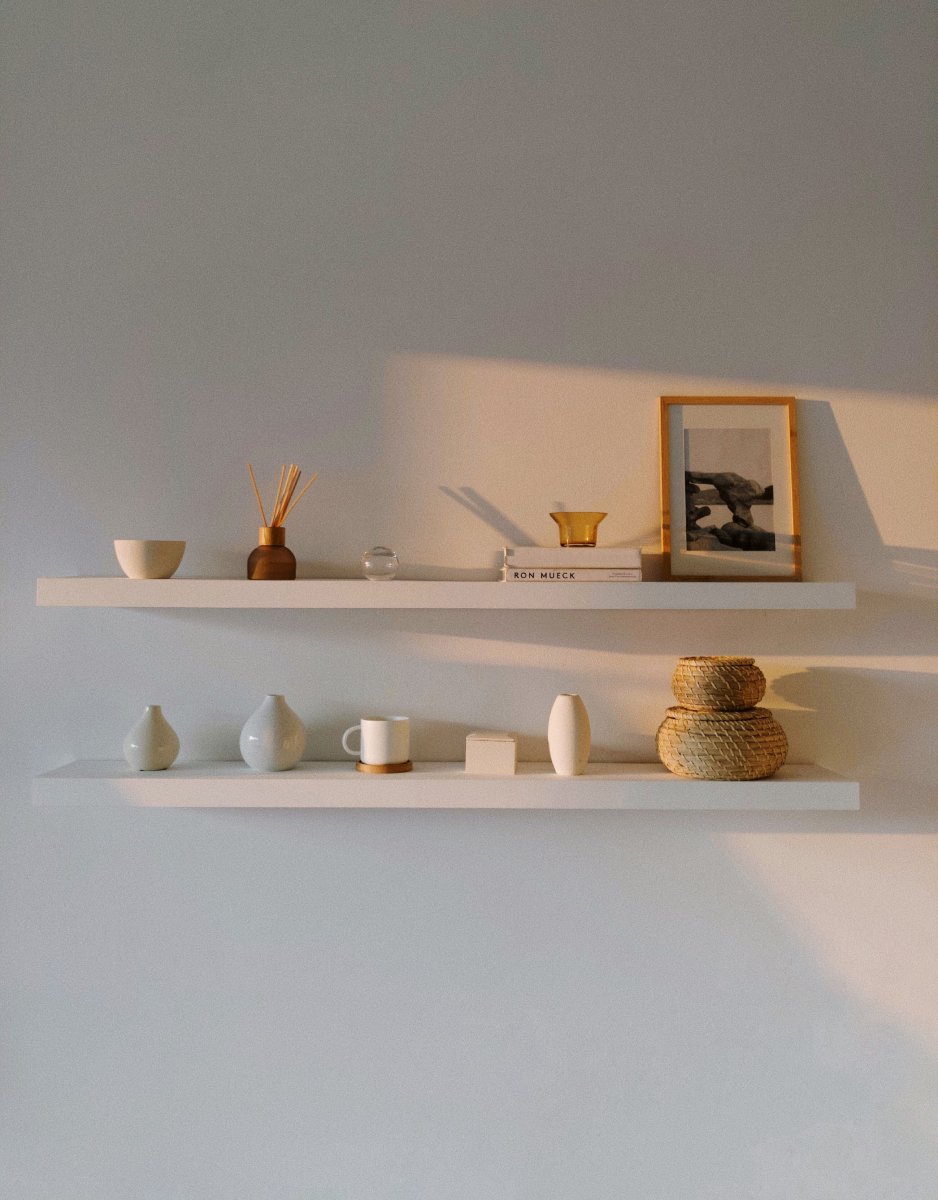
Recap of the Benefits of Minimalism for Sustainability and Clutter-Free Living
Throughout this blog post, we have explored the various benefits of minimalism. We have seen how minimalism promotes sustainability by reducing resource consumption, minimizing carbon footprint, and encouraging ethical consumption practices. By embracing minimalism, we can create a positive environmental impact and contribute to a more sustainable future. Additionally, adopting a clutter-free lifestyle allows us to declutter our physical spaces, declutter our minds, and create an environment that fosters peace, focus, and creativity.
Encouragement to Embrace Minimalism and Its Positive Impacts
Now that we understand the advantages of minimalism, it’s time to take action and embrace this transformative lifestyle. By simplifying our lives, letting go of excess, and prioritizing what truly matters, we open ourselves up to a world of possibilities. Embracing minimalism empowers us to regain control over our lives, make conscious choices, and create space for the things and experiences that bring us true joy and fulfillment.
Inspiration to Live a More Sustainable, Intentional, and Fulfilling Life through Minimalism
As we conclude this blog post, let us be inspired to live a more sustainable, intentional, and fulfilling life through minimalism. Let us remember that minimalism is not just about decluttering physical spaces; it’s a mindset, a conscious choice to simplify and live with purpose. By adopting minimalism, we can reduce our environmental impact, enhance our mental well-being, and create more meaningful connections with others and ourselves.
In the end, minimalism is not about depriving ourselves but rather about freeing ourselves from the burdens of excess and embracing a life of purpose, intention, and sustainability. So, let us embark on this journey together, supporting and encouraging one another along the way. Embrace minimalism, and let it be the catalyst for positive change in your life and the world.
Remember, living with less doesn’t mean compromising on happiness—it means creating space for what truly matters. Start small, take gradual steps, and witness the transformative power of minimalism unfold in your life.

